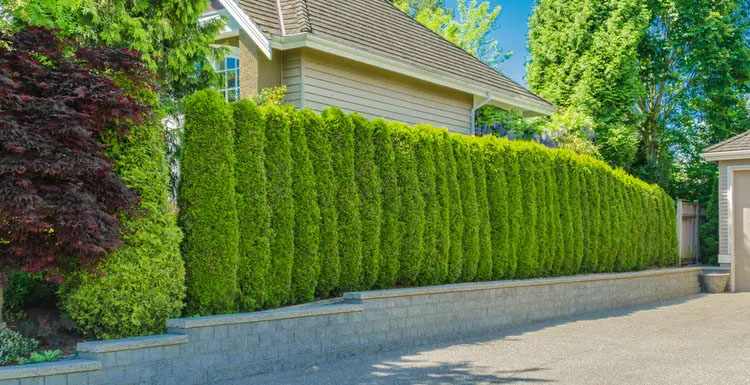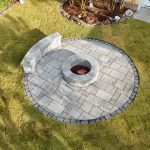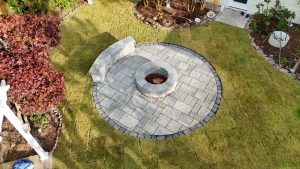
It’s crucial to establish privacy in your outdoor living area. It not only makes your space feel more private, but it also releases you from the eyes of potential nosy neighbors. While there are many ways to increase privacy in your backyard, growing and caring for privacy plants is one of the finest options. Any plant type that develops and maintains a stature large enough to produce a natural, fence-like effect is considered a privacy plant. Every part of the country has options available, despite the fact that the plant species that are available may vary by region.
Three things to consider when selecting Privacy Plants are Sizes, Hardiness and Maintenance. A great privacy planting will be substantial enough to function as a physical barrier. Choose species that will reach a height of at least three or four feet when choosing plants to put in your outside area. Even while these plants might not reach their full potential in their initial season, the coverage will get better over time. A reasonable generalization is that the more dense the vegetation, the more effectively your place will be given privacy.
While certain regions benefit from moderate weather all year round, seasonality is a fact of life for much of the nation. Checking the planting’s hardiness is crucial because of this. A collection of trees or bushes that you will only have for one summer is not something you should spend a lot of money on. Avoid anything classified as a perennial and spend your money on cold- and weather-resistant annual plantings. For the best return on their investment, those who live in warm or more temperate locations should choose drought-resistant crops.
You should refrain from making purchases that you will be unable to maintain, just like with so many other parts of outdoor design. When trimmed, several shrub species can provide a beautiful green barrier separating one yard from another. These same plants, nevertheless, can easily develop out of control and overgrown if not given regular care. If you love or like gardening, investing in plants that require more maintenance may make sense for you. Lower maintenance solutions, however, are probably more suited for you if you have a very busy family and little free time.

